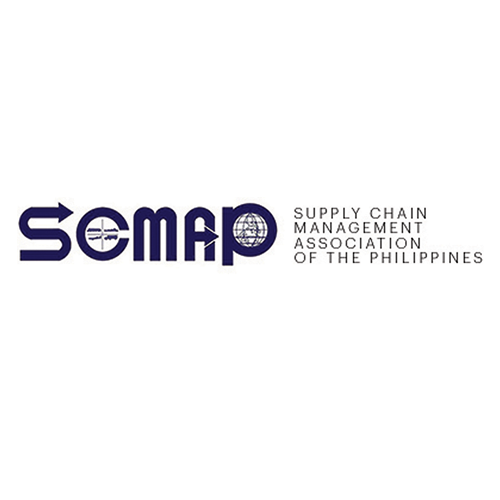By now it’s accepted knowledge: any business should, as much as possible, have a presence online, not just to promote its wares to potential customers, but also to make sales.
E-commerce has become one of those things people – at least those who frequently use online shopping sites, or on-demand delivery services – take for granted. The past three years made it necessary, as our mobility was restricted. However, as we go further back to the way things “used to be”, with malls getting crowded and in-person events becoming the norm again, e-commerce growth is beginning to stabilize – or plateau, depending on your perspective. Your customers will not have something delivered to their homes by default. Rather, it’s another way of potentially availing your products – and in many cases, these transactions will have a physical aspect, like canvassing stores for potential purchases before buying them online to take advantage of lower prices and convenience.
The challenge now for e-commerce players – especially businesses that entered e-commerce in response to COVID-19 lockdowns – is to be there for their customers, wherever they may be, while maximizing available resources and cutting unnecessary costs. If, back then, e-commerce operations were functionally separate out of expediency, now it is necessary to integrate them and make them part and parcel of the whole operation.
The benefits from a customer service perspective are obvious. You have the opportunity to provide the same service levels regardless of where the purchase is made. If an item is not available in-store, you can still make a sale by pointing your customer to your online store, where the item they want is available. The challenge is to improve visibility and trackability so that inventory levels are updated, in real time, both in physical and online stores.
From an operations perspective, this is also a no-brainer. Your products will move through the same supply chain regardless of how the purchase was made. Having a separate system for online orders is redundant at this point and will most likely lead to confusion and a higher likelihood of errors. The challenge is in optimizing your supply chain networks, particularly your transportation routes, to allow them to serve both physical stores, which almost always still depend on the traditional warehouse set-up, and online orders, which deliver straight to the customer.
Before the pandemic we have seen talk of “omnichannel” fulfillment, which aims to provide a seamless customer experience regardless of how contact with the business was made. Yet, before the pandemic – at least in the Philippines, where the e-commerce market blossomed later – we still compartmentalized online to a separate silo, perhaps because of low volumes and high costs. But our e-commerce market is more mature now than it was in 2019. Accelerated growth has led to businesses’ hastened embrace of online markets. And while things are stabilizing, more growth opportunities are still on the horizon. Some businesses, for instance, are dipping their toes in the metaverse, and there’s already talk of “metachannel” fulfillment. Perhaps early days, but eventually, the same principles should apply, right?
We have to continue evolving and advancing if we are to keep up (and, better, be one step ahead) of our customers – and one way is to reconfigure our supply chain processes and networks to be biased towards our end customers, and not towards either physical or online purchases. For the most part, it doesn’t matter to them anymore where they buy it, as long as they are satisfied with the product and the customer service that goes with it.
SCMAP’s Board of Directors for 2023: Joining incoming president Dennis Llovido of Nestlé Philippines in our BOD next year are: Arnold Alvarez of Del Monte Philippines, Jose Marvin Casipe of San Miguel Yamamura Packaging Corporation, Pierre Carlo Curay of XVC Logistics, Jake Flores of Coca-Cola Beverages Philippines, Mark Anthony Laguna of Procter & Gamble Philippines, John Wayne Maravilla of Johnson & Johnson Philippines, Sharon Musngi-Ngo of the 2GO Group, Jess Sarmiento of PLDT, and Roselie Tubeo of Unilab. Voting for the officers is currently ongoing within our board. We congratulate them and look forward to working with them in the coming year.
Henrik Batallones is the marketing and communications director of SCMAP, and editor-in-chief of its official publication, Supply Chain Philippines. More information about SCMAP is available at scmap.org.
PREVIOUS COLUMN: Kuya Rider





